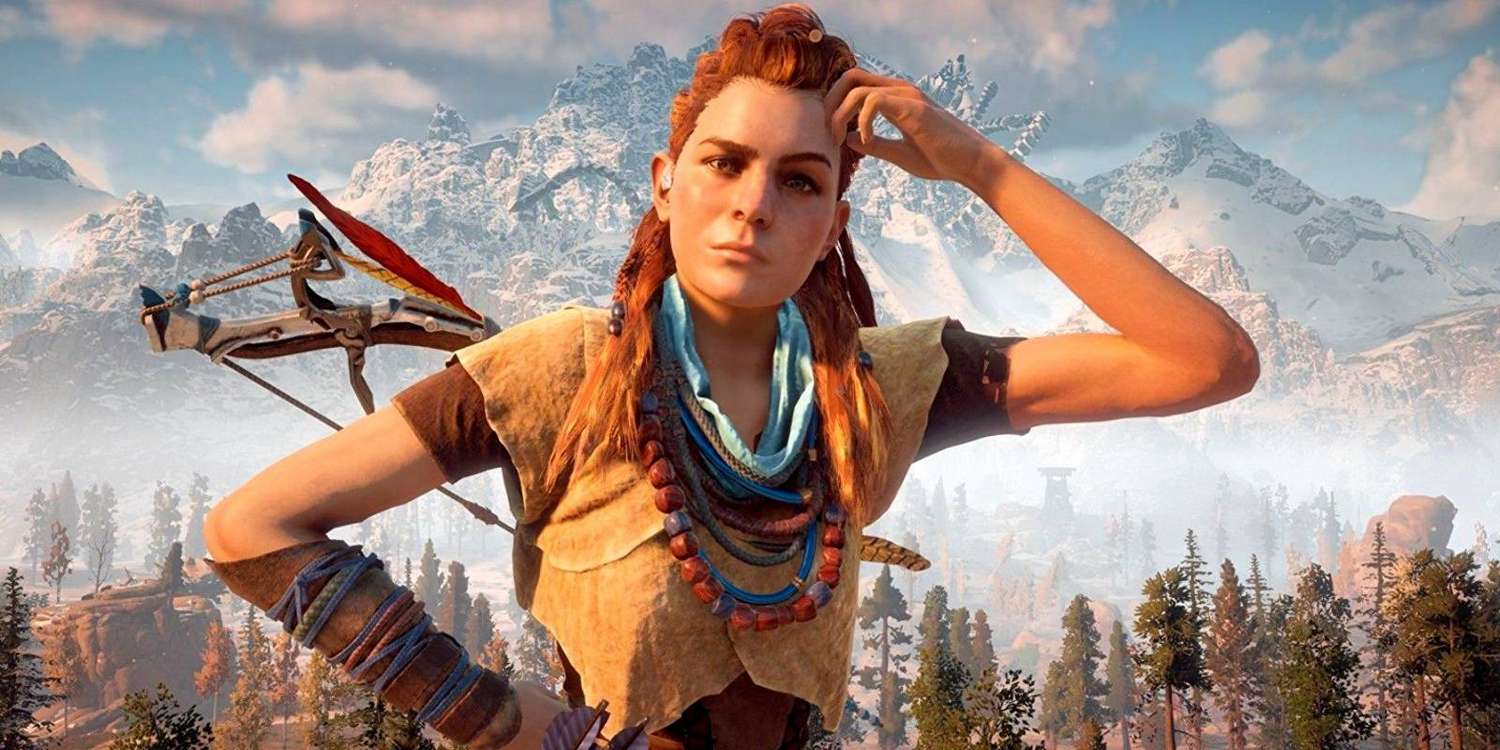
In a significant escalation of its high-profile copyright and trademark infringement lawsuit, Sony Interactive Entertainment (SIE) has filed for a preliminary injunction against the Chinese tech behemoth Tencent, aiming to halt the promotion and development of Tencent’s upcoming adventure game, Light of Motiram. Sony claims the game is a “slavish clone” of its globally successful Horizon franchise, with the injunction specifically targeting the use of an Aloy-like protagonist and other core intellectual property (IP) elements.
The Alleged Infringement and the Legal Response
The legal saga began in July 2025 when Sony sued Tencent, alleging that Light of Motiram, a game from Tencent-owned Polaris Quest, flagrantly copies the core aesthetic, character design, and narrative themes of Horizon Zero Dawn and Horizon Forbidden West. Key similarities cited include:
- A fiery red-haired, tribal warrior huntress protagonist strongly resembling Aloy, the iconic face of the Horizon series.
- A post-apocalyptic, open-world setting populated by mechanical, animal-like creatures.
- A distinct visual style and even a musical theme alleged to be too similar to compositions from the Horizon Zero Dawn original soundtrack.
Sony’s latest move, the motion for a preliminary injunction, seeks an immediate court order to bar Tencent from further utilizing any material “copied or derived” from the Horizon games, including barring the use of the Aloy-lookalike character and associated promotional materials. Sony’s legal team is pushing for a hearing on the matter before the end of 2025.
 Tencent’s Defense and Sony’s Rebuttal
Tencent’s Defense and Sony’s Rebuttal
Tencent has vigorously defended itself, filing a motion to dismiss the lawsuit and arguing that its game merely utilizes “well-trodden tropes” common in the action-adventure and open-world survival genres. Tencent asserted that Sony is attempting to establish an “impermissible monopoly on genre conventions.”
Sony, however, has dismissed this defense as “nonsense.” In its filing, SIE emphasizes that the damage from consumer confusion is already evident, citing numerous media reports and social media comments from gamers that immediately recognized Light of Motiram as an obvious “rip-off” upon its announcement in late 2024. Sony argues that Tencent’s copying was “so egregious” that it jeopardizes the continued success and “current expansion plans” for the Horizon franchise, including its highly anticipated film adaptation, which is reportedly set to begin shooting in 2026 (Source: DualShockers, games fray).
Corporate Maneuvering and the Impact on IP
Adding another layer to the controversy, Sony’s filings suggest a pattern of deliberate infringement. Court documents indicate that Tencent had previously approached Sony in March 2024 seeking a license to develop a Horizon mobile game, which Sony declined. According to Sony, Tencent proceeded with Light of Motiram development despite this rejection. Furthermore, following the initial lawsuit, Tencent quietly scrubbed numerous allegedly infringing screenshots and promotional images from the game’s Steam page and delayed its scheduled release date from late 2025 to late 2027. Sony has accused Tencent of “playing a shell game” by obscuring the exact subsidiary responsible for the game’s development to avoid liability.
The core of Sony’s argument for an injunction revolves around the concept of “irreparable harm” to its intellectual property. Sony executives have stated in sworn declarations that the blatant copying has already caused “confusion” among the player base, threatening the Horizon brand’s reputation and goodwill, which they stress has been cultivated through a multi-million dollar investment and the sale of over 38 million copies across the franchise.
 High Stakes for the Global Gaming Industry
High Stakes for the Global Gaming Industry
This lawsuit represents a critical test case for Intellectual Property Law in the global video game industry, especially concerning the growing trend of high-budget titles from major Chinese publishers bearing striking resemblances to established Western IPs. A ruling in Sony’s favor would set a powerful precedent, potentially limiting the scope of what constitutes acceptable ‘genre conventions’ versus outright copyright infringement.
Conversely, a win for Tencent could be seen as weakening protections for distinctive character and aesthetic elements in a medium where genre tropes are constantly being iterated upon. Analysts note that the outcome will have a significant impact on licensing fees, game development ethics, and the protection of high-value gaming IPs globally.
The preliminary injunction hearing is a pivotal moment. If granted, it would force Tencent to immediately redesign core aspects of Light of Motiram, effectively disrupting its long-term development schedule and potentially forcing a complete overhaul of its game monetization strategy and core design. The gaming world watches closely as one of the most substantial legal battles over video game IP rights unfolds in a US federal court.










 Minecraft
Minecraft  Among Us
Among Us  Geometry Dash
Geometry Dash  NBA 2K24
NBA 2K24  Schedule I
Schedule I  Fall Guys
Fall Guys  Gacha Club
Gacha Club  PUBG Mobile
PUBG Mobile  Tencent’s Defense and Sony’s Rebuttal
Tencent’s Defense and Sony’s Rebuttal High Stakes for the Global Gaming Industry
High Stakes for the Global Gaming Industry